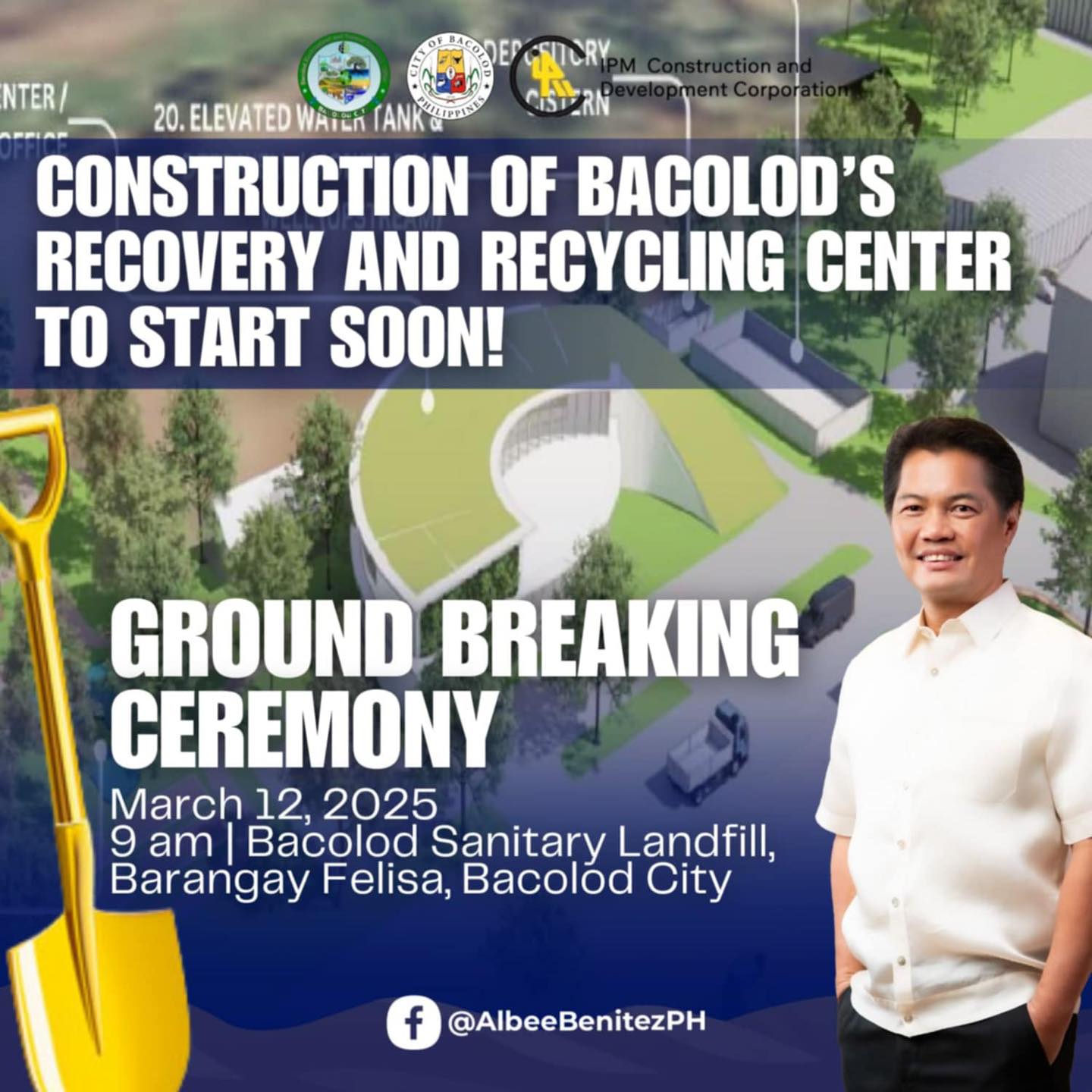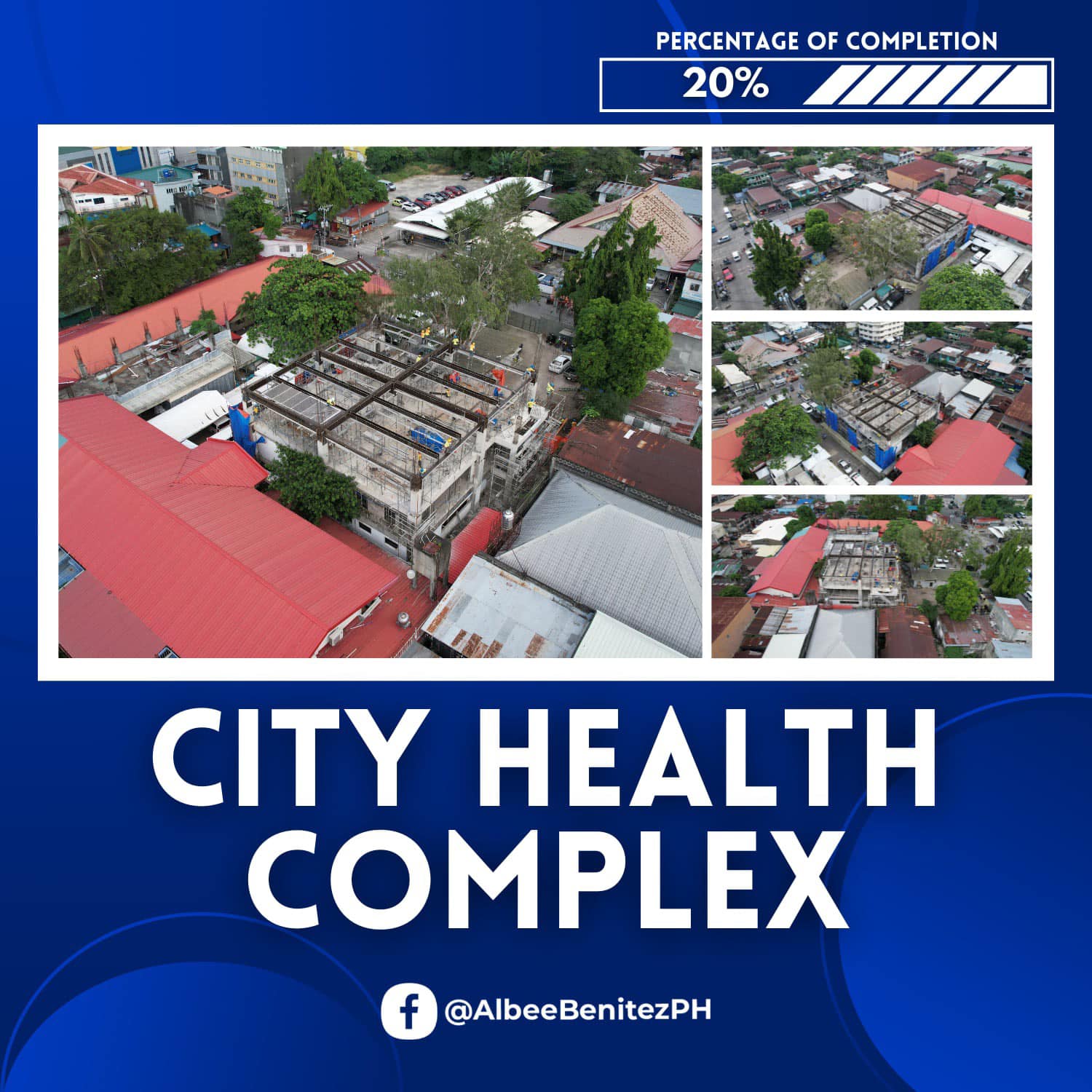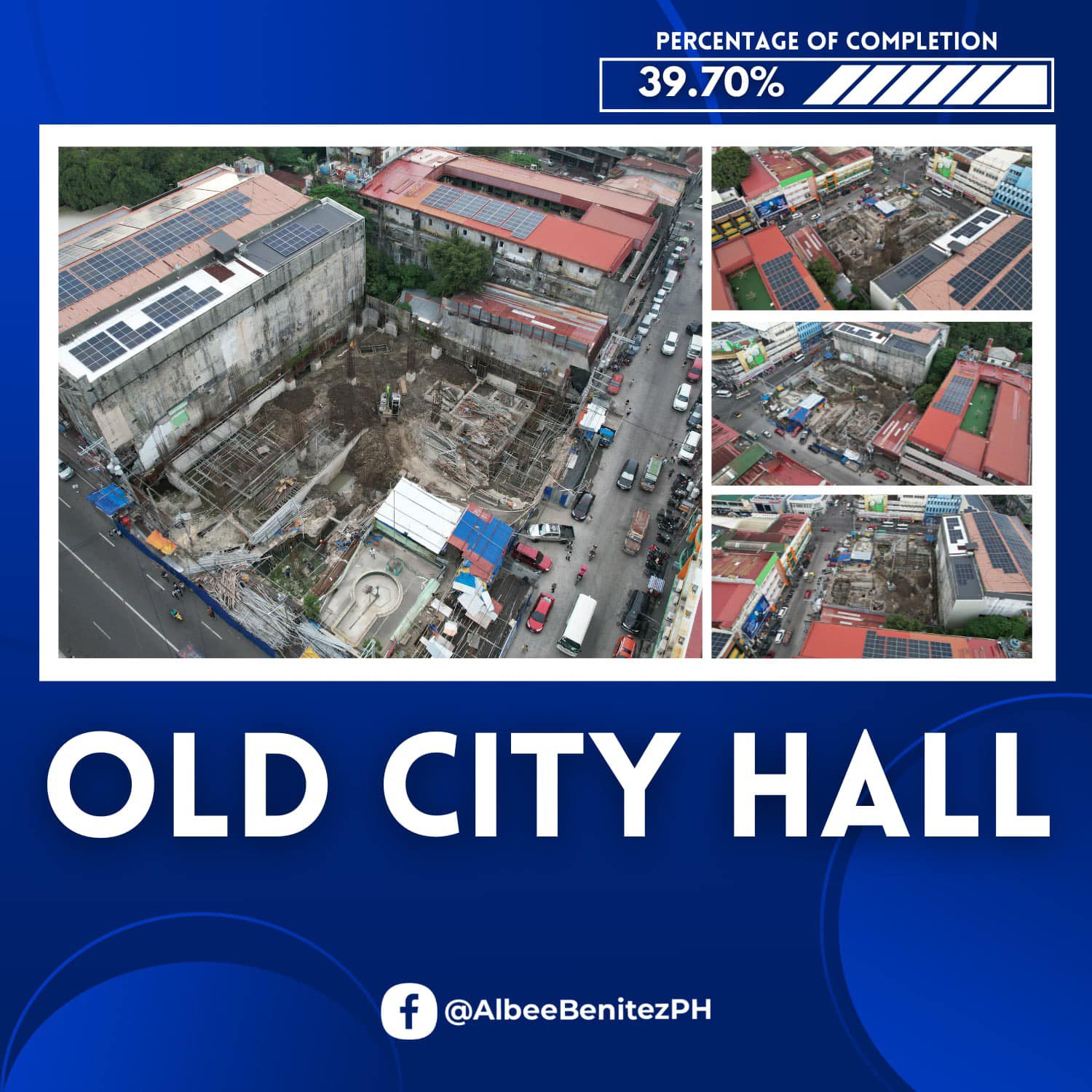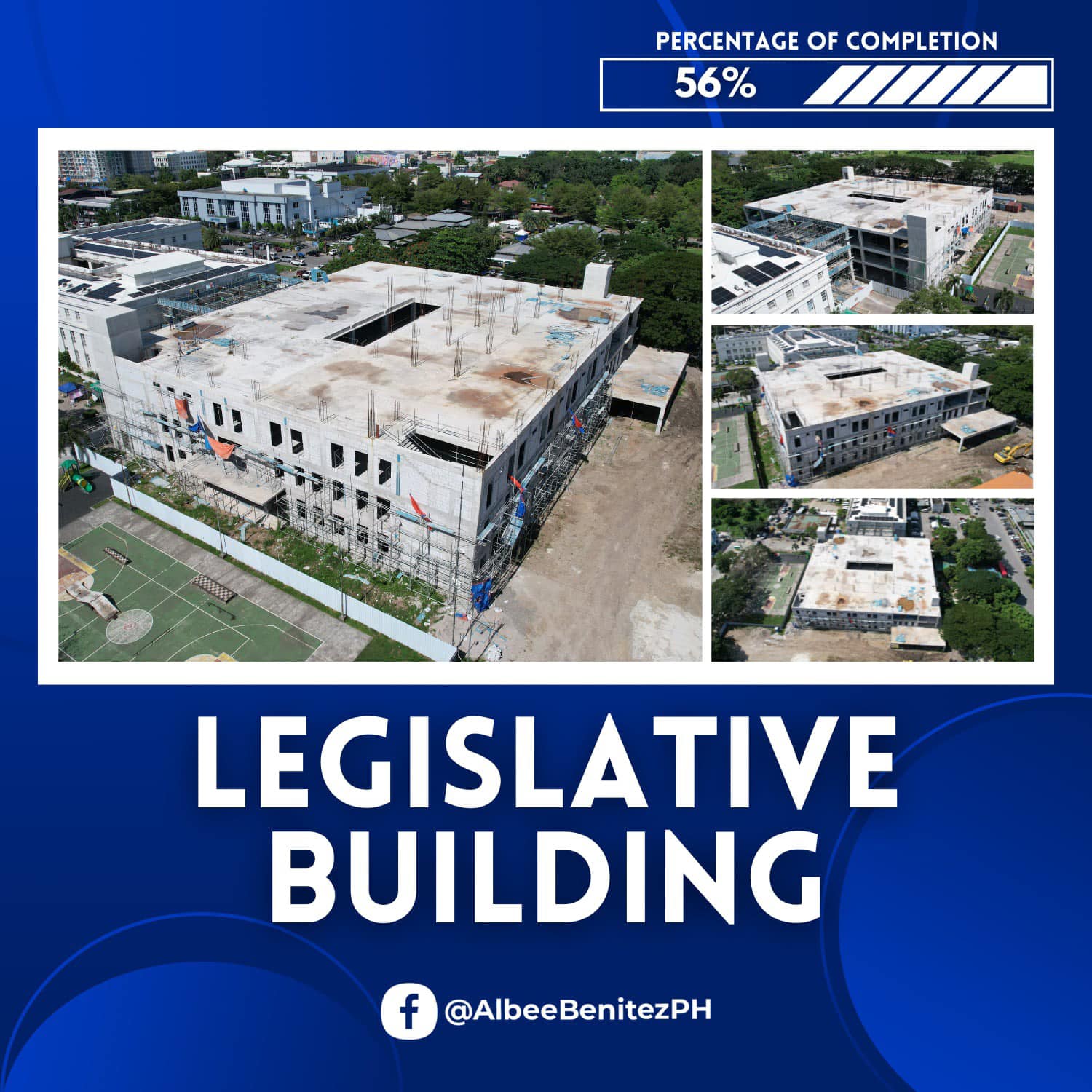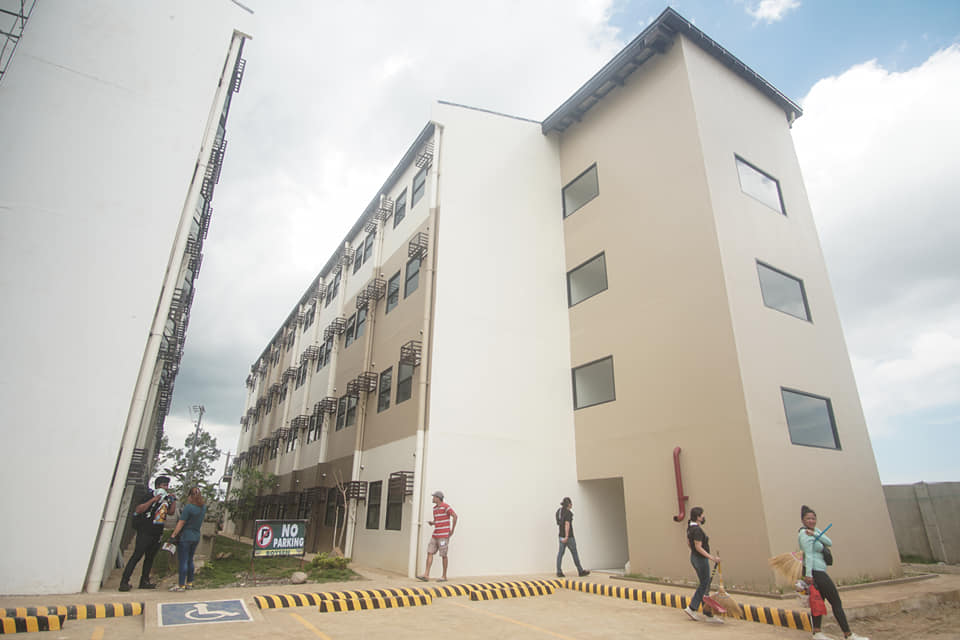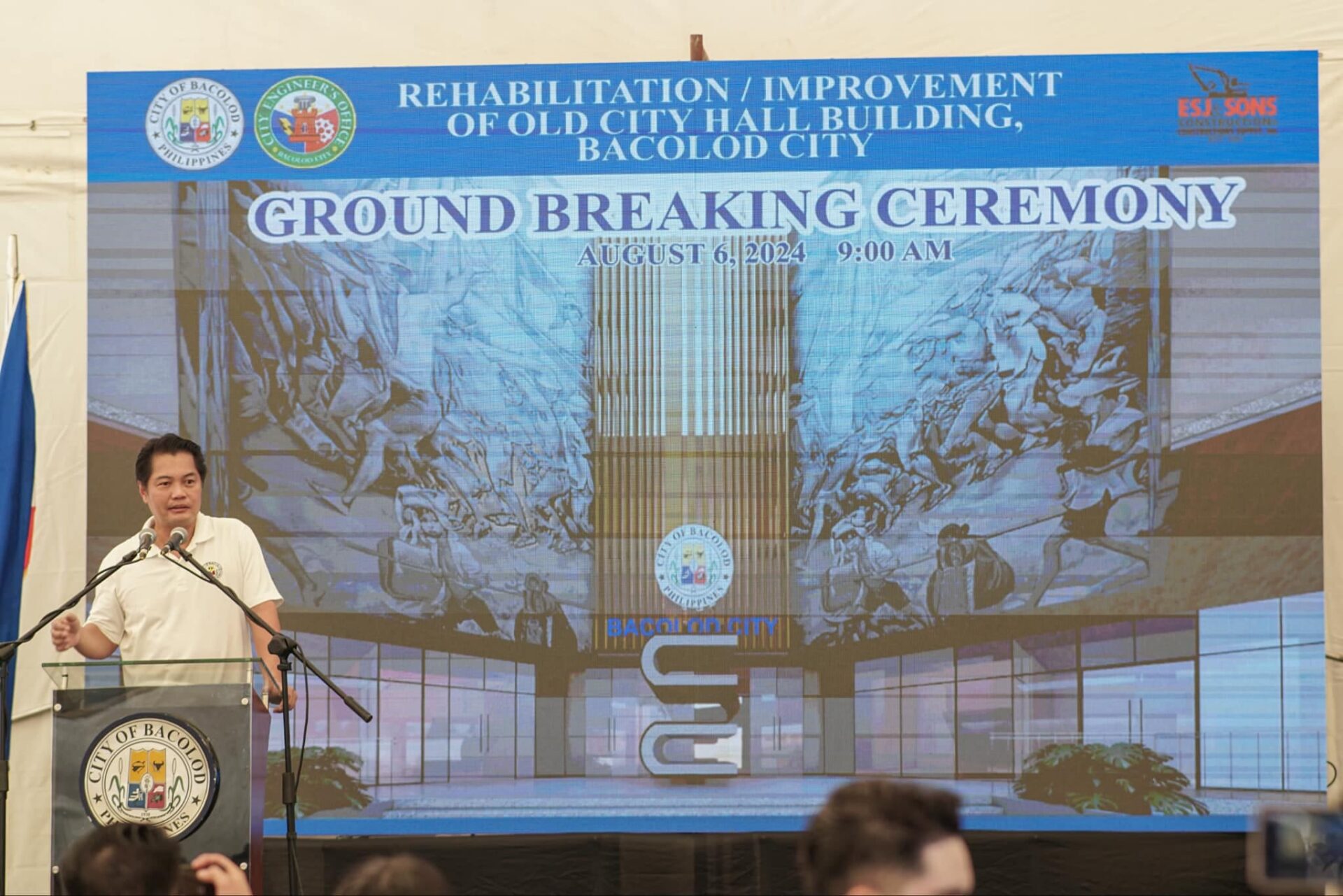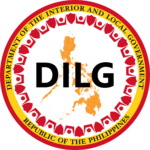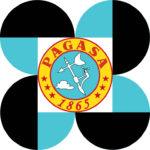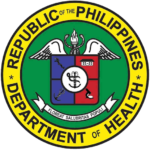Bacolod is the highly urbanized capital, communication, trade and service center of the Province of Negros Occidental, one of the twin provinces of Negros Island in the cluster of the Visayan Islands in the heart of the Philippine Archipelago. Bacolod is bounded in the northwest by the cities of Talisay; in the northeast by Silay and Victorias; in the east and southwest by the town of Murcia; in the southwest by the City of Bago; and in the west by the Guimaras Strait. Total land area is 16,270 hectares or 162.67 km2 excluding straits and bodies of water.
BY AIR
The city is only 55 minutes from Manila, serviced by the country’s 5 major airlines- Philippine Airlines, Cebu Pacific, Air Philippines, Zest Airlines, and Sea Air with four round trip flights daily. From Cebu City, Bacolod is only 30 minutes away, with 3 round trips daily through Philippine Airlines and Cebu Pacific. The Bacolod-Silay Airport of international standard is 20 minutes from the Bacolod downtown.
BY SEA
Bacolod is normally a 20-hour cruise from Manila aboard world-class vessels; 55 minutes to and from Iloilo on fast seacrafts. The Banago and BREDCO ports are the vessels entry point.
BY SEA AND LAND
The 18-hour travel time from Manila via land and sea transport is now possible through RORO (Roll On Roll Off) vessels traversing through the Strong Republic Nautical Highway using the ports of Iloilo, Caticlan in Aklan, Roxas in Mindoro, and Batangas in the Province of Batangas.
Bacolod City has 2 pronounced seasons, wet and dry. The rainy season starts from May to January with heavy rains occurring during the months of August and September. Dry season starts from the month of February up to the last week of April. December and January are the coldest months while April is the warmest.
ELECTRICITY
Generally, 220 volts, with some areas having 110 volts, 60 cycles. A plug with two (2) flat prongs is the norm. The use of a universal adaptor assures safety.
WATER
The city has an acceptable water supply system. Water is potable. Bottled mineral, spring or purified water are widely available.
MOBILITY IN THE CITY
Modern air-conditioned taxis abound in the city. Public utility jeepneys are the common mode of transport. There are four major jeepney routes within the city and to the outlaying barangays or districts.
Modern air-conditioned taxis are numerous in the city. Public utility jeepneys are common modes of transport within the city. There are four (4) major jeepneys routes: Banago-Libertad, Mandalagan-Libertad, Bata-Libertad, Shopping-Libertad routes. Buses and jeepneys provide service for intertown travel. Car rental services are available with rates depending on the vehicle used and distance traveled. Information for car rental services are available at most hotels’ front desk.








